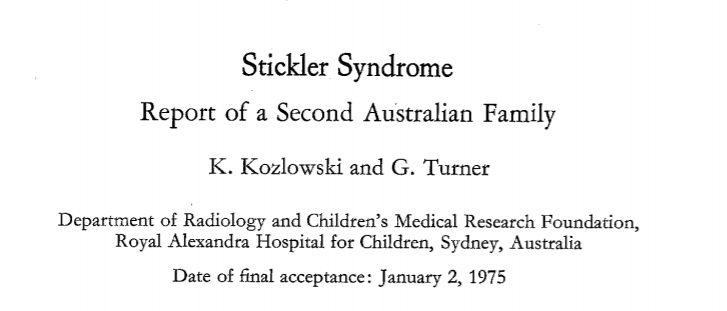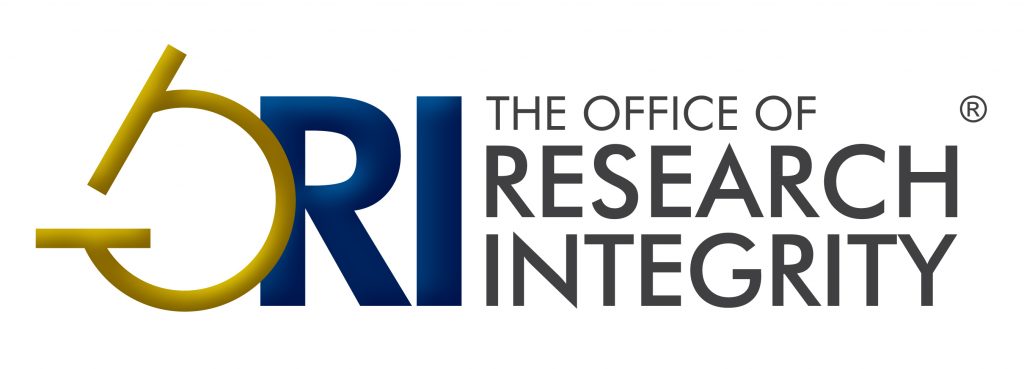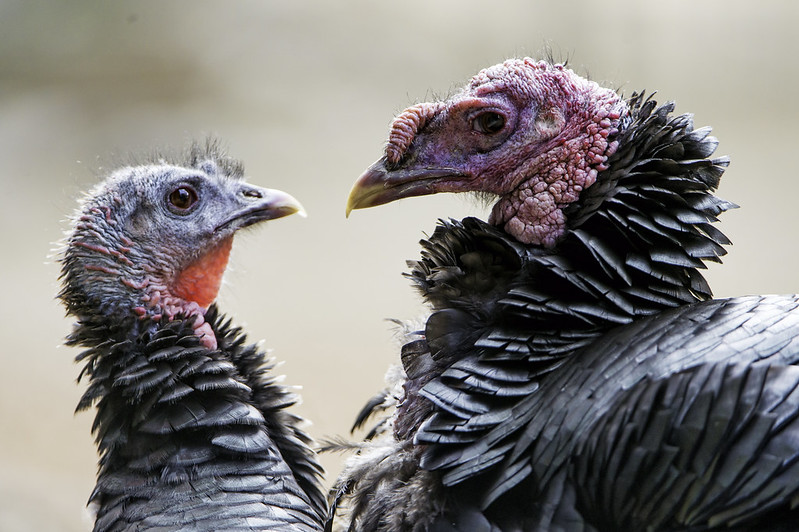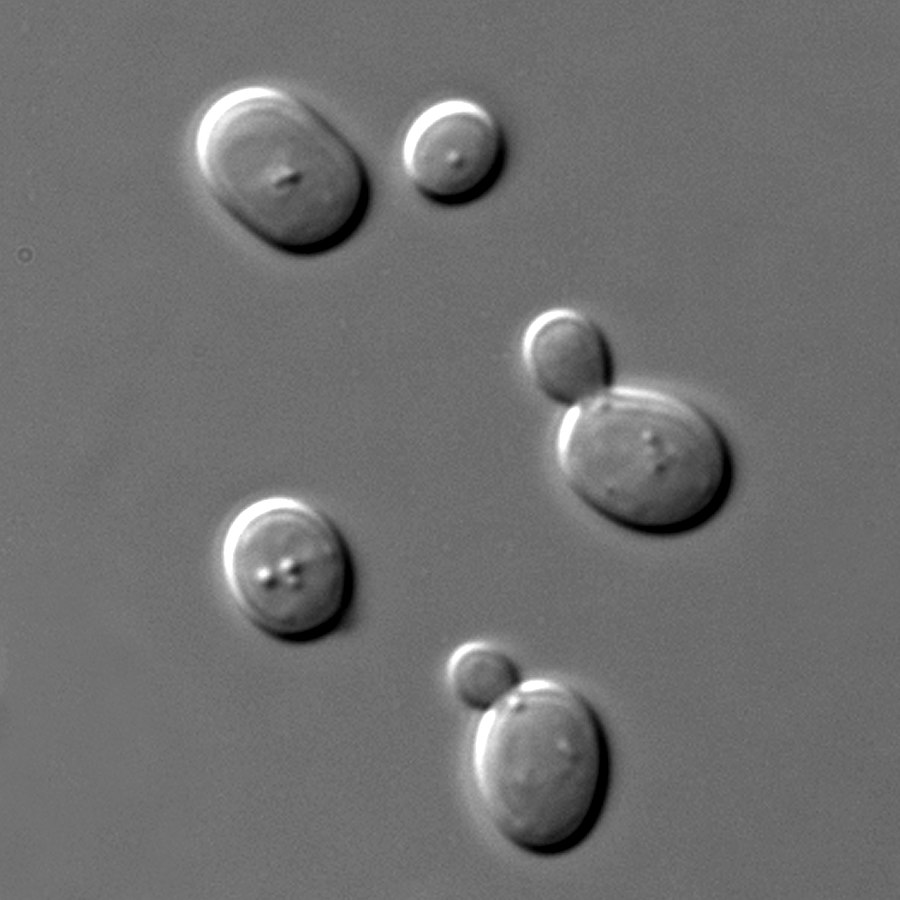
A paper which argued that 5G cellphone technology could lead to infection with the novel coronavirus has been retracted, but not before scientific sleuth Elisabeth Bik wondered whether it was the “worst paper of 2020.”
The article, “5G Technology and induction of coronavirus in skin cells,” came from a group from Italy, the United States and Russia, and appeared in the Journal of Biological Regulators and Homeostatic Agents. The journal is published by Biolife, which asserts that it’s peer reviewed but has not responded to a request for comment. [Please see an update on this post.]
The abstract is now marked “WITHDRAWN” on PubMed and the paper has disappeared from the journal’s website. The abstract has been preserved here. According to the authors:
Continue reading Paper blaming COVID-19 on 5G technology withdrawn







